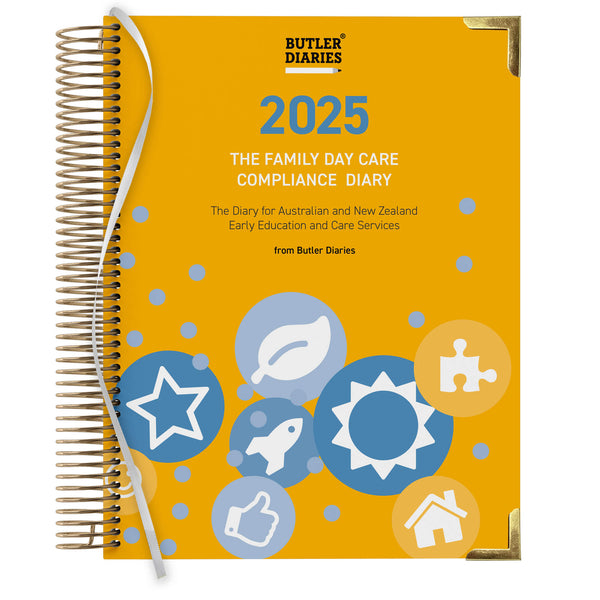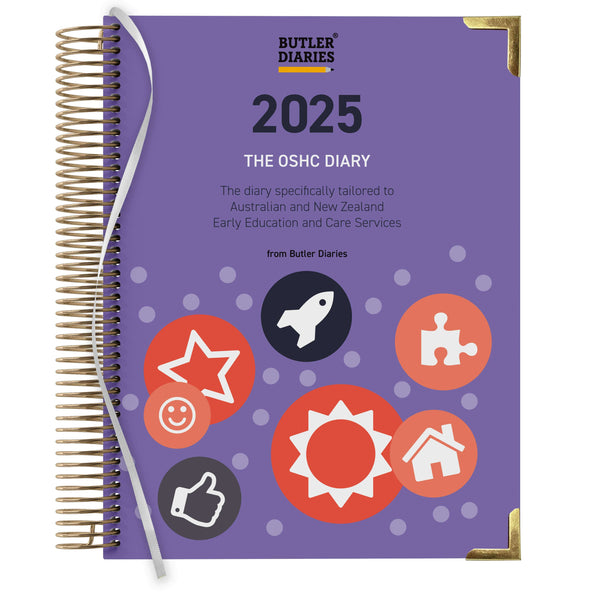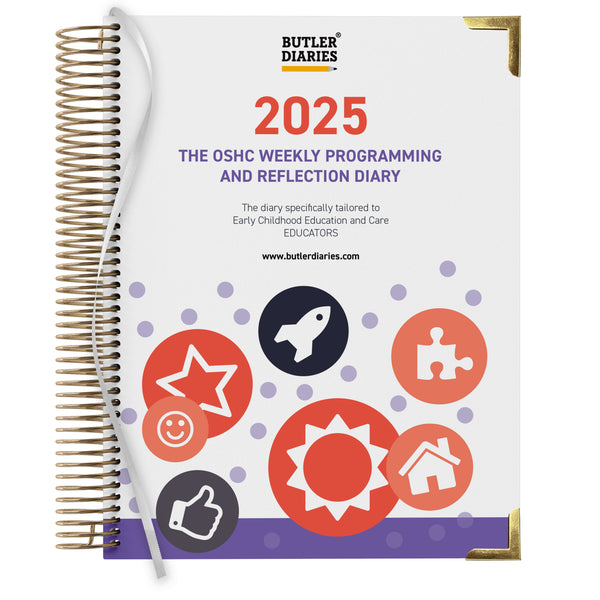If you're in the construction industry, you've probably heard of toolbox chats and pre-start meetings. But what are they? Toolbox chats, also called safety chats or pre-starts, are informal conversations between workers before they start work. These discussions ensure that everyone on the job site knows about potential hazards, regulatory issues, and best practices for completing the job safely and efficiently. Toolbox chats and pre-start meetings are essential for keeping your Trade business safe.
What Are Toolbox Chats and Pre-Start Meetings?
Toolbox chats are a type of meeting between tradies, apprentices, subcontractors, project managers, foremen or site supervisors. The objective is to talk about safety, productivity, and what we need to do in the upcoming week on site. This can include tools needed on site for the particular task, how long it should take to complete the task, equipment that is in need of repair before being used on site, resources that are required for work, and all safety precautions needed. A toolbox chat can also be held as an interactive meeting where each person has their say about items of interest.
When To Have A Toolbox Chat or Pre-Start Meeting?
Toolbox chats or pre-start meetings are often conducted at the start of the day. You may have a longer meeting planned for the first day at a new site or project to ensure all tradies, apprentices, subcontractors, project managers, foremen, or site supervisors are on the same page. It is also recommended to start each day with a quick toolbox chat or pre-start meeting. This can take as little as five minutes each morning before the day starts.
Safety Benefits of Toolbox Chats or Pre-Start Meetings
We can all get complacent, especially when you have been doing the job for a long time. Unfortunately complacency can lead to significant injury and damages. By having a daily toolbox chat or pre-start meeting with a clear safety checklist, you can avoid complacency and identify potential hazards and risks that have arose as the project commenced. Putting in place control measures such as these checklists can keep your business safe from legal action down the road and can protect your tradesmen and anyone else on site.
A well-designed toolbox chat or pre-start meeting system can be the difference between your business' success or failure. It is also important to keep documentation of issues identified, actions taken, and safety processes put in place in case something comes up later.
Financial Benefits of Toolbox Chats or Pre-Start Meetings
Ever had to pay Worker's Compensation? It can be a huge impact on your business. You can simply avoid many injuries by having a system in place for daily reviews of the site, machinery, and safety practices being taken.
Another financial benefit of toolbox chats or pre-start meetings is the potential to identify machinery or tools that may have minor issues that need to be addressed. Fixing issues while they are small can save you from unexpected downtime and large bills.
Benefits of Toolbox Chats or Pre-Start Meetings on Employees Wellbeing
Having a system in place that ensures daily check ins can send a message to your tradies and apprentices that their wellbeing is important to you and your business. This can boost morale and create stronger team work amongst the tradesmen ultimately improving output and your businesses success.
This pre-start meeting or toolbox chat is also a great way to identify employees that may be struggling with a certain aspect of the job, do not understand their safety obligations, or who may be having difficultly with a personal situation that may impact their ability to make safe decisions.
They also provide a time for employees in these lines of work to relax and often help employees feel better prepared for stressful situations. By taking some pressure off each other and getting involved in socializing together before the start of work, tradesmen tend to feel more confident about their job performance too.
How To Conduct A Good Pre-Start Meeting
Here are ten steps for a good pre-start meeting:
- For your first longer pre-start meeting, make sure everyone is aware of the meeting before hand so they can be prepped and ready;
- Be organised with what you will cover and keep it short;
- Introduce everyone involved in the project: every tradesperson, subcontractor, client representative, etc. If you are representing a company or working on behalf of someone else, make sure they're there too;
- Share all the key information required for completing the job including dates, specifications, any particular requirements from the customer or site owner and so on;
- Work out how much time is needed for each stage of the project – this might not be an exact science but try your best;
- Share your safety procedures and consult your team to ensure they understand how to identify hazards and respond appropriately;
- Set the stage for upcoming daily meetings to reinforce safety pre-starts;
- Thank everyone for attending;
- Record your meetings and daily safety practices; and
- Get your team involved in recording their daily safety practices.
For your daily shorter pre-starts:
- Have a clear system and checklist in place to record what you have covered, and
- Apply a system for revising conditions daily and recording the changes and safety precautions taken.
Recording your Pre-Start Meeting
There are a number of ways you could choose to keep a record of your pre-start meetings. At Butler Diaries, we have developed Diaries designed specifically for your Trade that include a daily pre-start checklist. Our Prestart includes:
- Weather conditions
- High risk activities identified
- PPE gear required
- Risk controls taken and incidents record
- Records of staff on site
You can manage your Pre-start meetings with our Construction Manager or Supervisor Tradie Diary. You may also choose to have each employee have a diary so you have a written record of the safety precautions each team member is taking every day to ensure the safety of themselves and others. This makes safety a daily habit for your tradies. We have a diary especially for Apprentices and diaries for your other tradies on site.
Having clear records can support you in any legal cases that may arise in the future and shows an ongoing pattern of safety precautions taken on your behalf.




























